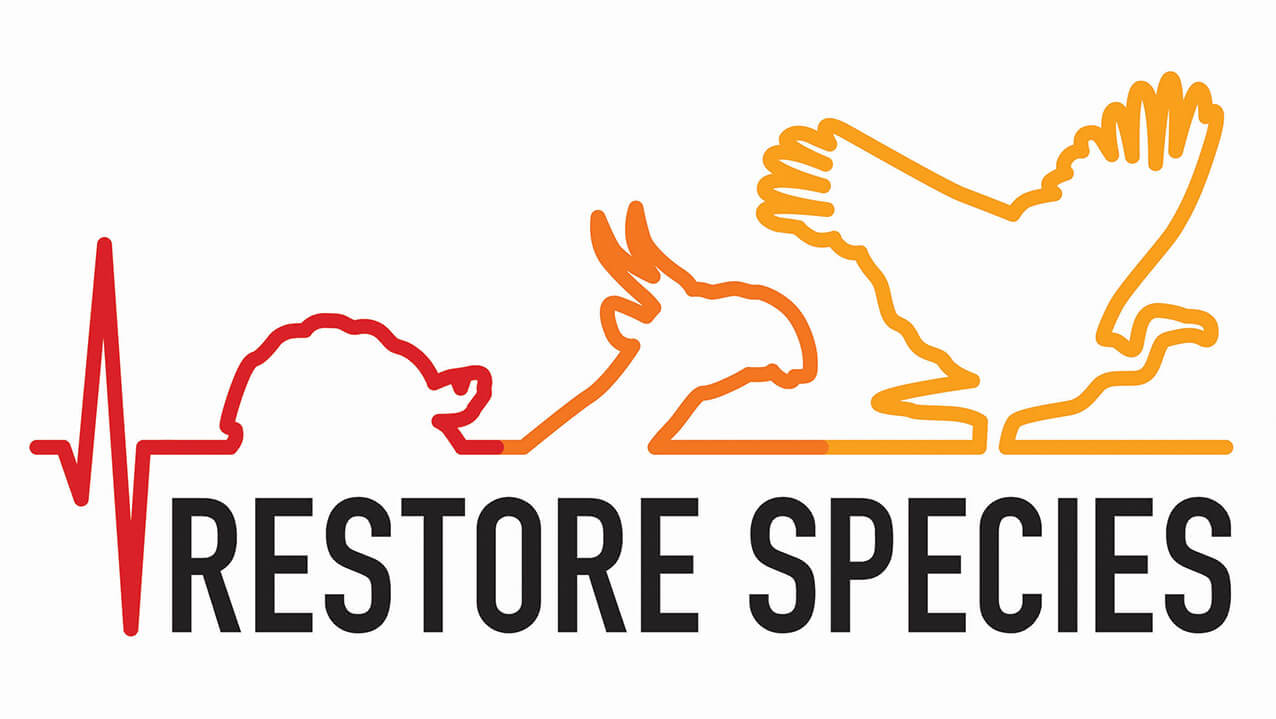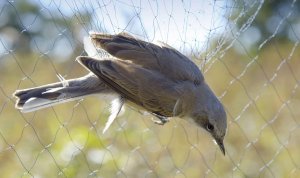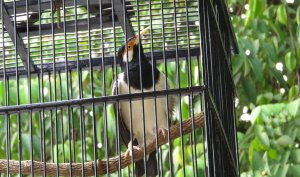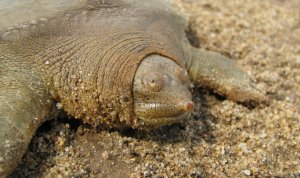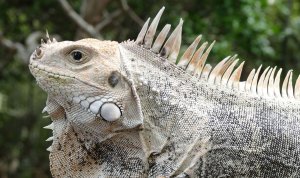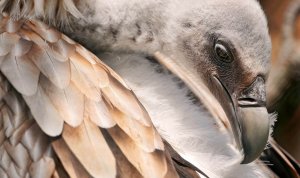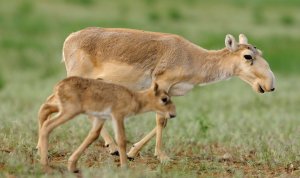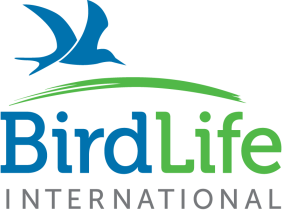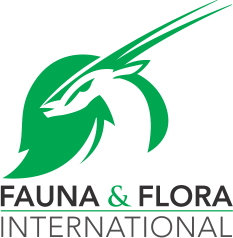Historically, humans have hunted wildlife for a range of reasons – particularly food and sport – and in the past, such activities were conducted at a scale that was sustainable and legal. In many cases, however, this is no longer true. The methods used and the numbers taken have changed beyond measure, and new and more lucrative drivers of hunting have emerged.
Restore Species Initiatives
Three human activities have killed many millions of birds, mammals and reptiles, and driven some species to the brink of extinction. Restore Species is currently working on 7 priority initiatives to prevent extinctions by tackling these three main threats, and we aim to expand to more in the future. Find out more by clicking on the boxes below.
Illegal and unsustainable trade – Turtles, tortoises, parrots, songbirds, and Helmeted Hornbills in Southeast Asia, and reptiles in the Caribbean, are all victims of illegal and unsustainable trapping and trade which must be controlled.
Illegal and unsustainable hunting – Millions of birds migrating through Eurasia, Asian hoofed mammals such as Saiga Antelope and mountain monarchs from Central Asia all need protection from illegal and unsustainable hunting.
Poisoning – 11 African-Eurasian vulture species are threatened with extinction. African and Southeast Asian vultures are suffering catastrophic declines mostly because of poisoning – both intentional and accidental – and need a rapid response.
Silent forests
A growing number of bird species are being driven to extinction in Southeast Asia, fuelled by an escalation in the wild bird trade. Some species have long been known to be victims of this practice – but more and more species, such as Helmeted Hornbill, are being added to this list.
Asia’s turtles and tortoises
Turtles and tortoises have been around since the age of the dinosaurs, but now they are among the most endangered groups of animals on the planet. And South-east Asia has more Critically Endangered species than anywhere else. Fortunately, these beleaguered populations can be helped.
Central Asia’s mountain monarchs
The Central Asian Mountains are home to four beautiful species of wild ungulate – two sheep, the Urial and Argali, sharing the slopes with two goats, the Markhor and Asiatic Ibex. All are now threatened by illegal or unsustainable hunting.
Jewels of the Caribbean
Caribbean reptiles are among the most threatened reptiles in the world. The Caribbean islands are one of the world’s greatest biodiversity hotspots, supporting more than 6% of all reptile species. But sadly, this hotspot also has the highest extinction rates, accounting for over 65% of reptile extinctions since 1500. Illegal trade now threatens several of the survivors.
Vultures on the edge of extinction
Vultures are unsung heroes that could be poisoned to extinction before they’re fully appreciated. Icons of the savanna, vultures are disease-defeating carcass-cleaners that are essential to the healthy functioning of ecosystems.
Saving Critically Endangered Saiga
Herds of migrating Saiga have been an iconic sight on the steppes of Central Asia for millennia, where they are uniquely adapted to survive the region’s weather extremes. But this inspiring ancient phenomenon could soon be a thing of the past, in the absence of actions to tackle illegal hunting and other current threats.
